brooklyn vs. LondoN
Written By Sean Stillmaker
Photography By Mike De Sutter
Creating a cohesive juxtaposition amongst a wide spectrum of images and textures spanning across media formats and time periods is an artistic craft built upon patience and precision. Although true art is in the eye of the beholder, when it comes to collages, the art is also behind the artist’s eye for collecting source material.
Exploring the art of collages and influences found across both sides of the Atlantic is the latest exhibition, Brooklyn Vs. London, presented by Something in the Attic.
Taking a group of emerging collage artists from Brooklyn and London, the differences of their styles and content are subtle and eclectic, which only become more apparent the deeper you look since the entire flow amongst the work is seamless and harmonious making it a true collage.
We sit down with two of the presenting artists, Brooklyn Collage Collective Co-Founder Lizzie Gill and London-based Flynn Cameron Jones.
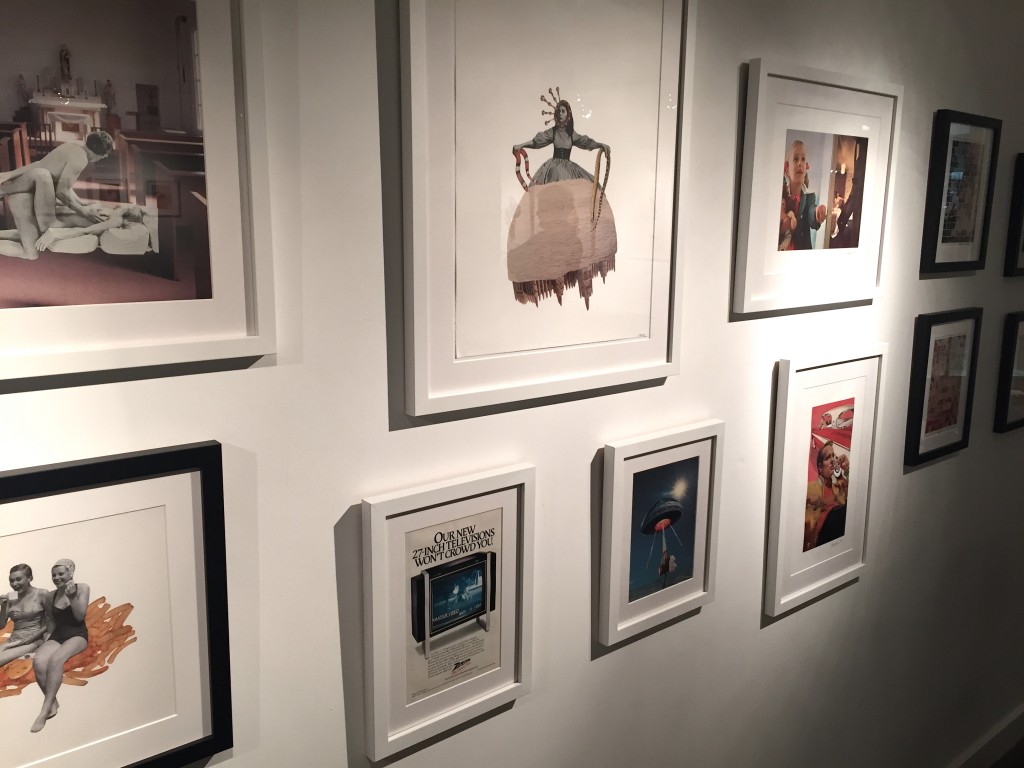
Are there specific elements or publications you seek out for source material and how do you organize your collection?
Lizzie
My system for collecting material is either a well thought out trek to a certain spot or something given to me when someone decides to clean out their home. Most collage artists are image hoarders or are obsessed with a certain time period and publications, which pertains to me as well. I’m interested in 1940s and 50s publications, such as Ladies Home Journal and McCall’s, which are becoming increasingly difficult to find for a bargain.
I usually have to travel quite a distance to find what I’m looking for, so a sourcing day will usually be a well thought out trip with a day spent sifting through stacks and stacks of magazines. For me to purchase a magazine, I have to find at least two ‘wow’ images that I know I will work with, so it’s very time consuming to go through each magazine.
My filing system is non-existent besides the tabs I keep in my mind. I have filing cabinets overflowing with magazines and cut up material, somehow this chaos makes sense to me and I know exactly where everything is.
Flynn
When I was growing up both my parents worked for publishers, my mother at Heffers and my Father for Penguin. As a result I was lucky enough to have access to almost any books I showed interest in. These were often non-fiction publications, mainly wildlife orientated, many of which I still have and use in my collage series.
To begin, I don’t seek out specific publications, I like to let the media jump out at me individually — often keeping it for months or even years before I stumble across or realize its collaborator. After which I will then seek out other issues or copies of that book for a series. Underneath my desk I keep these slide out tubs full of books, magazines, and single images. It would be nice to say that they are all perfectly organized, but I am somewhat of a hoarder and there is more paper in my room than I know what to do with.
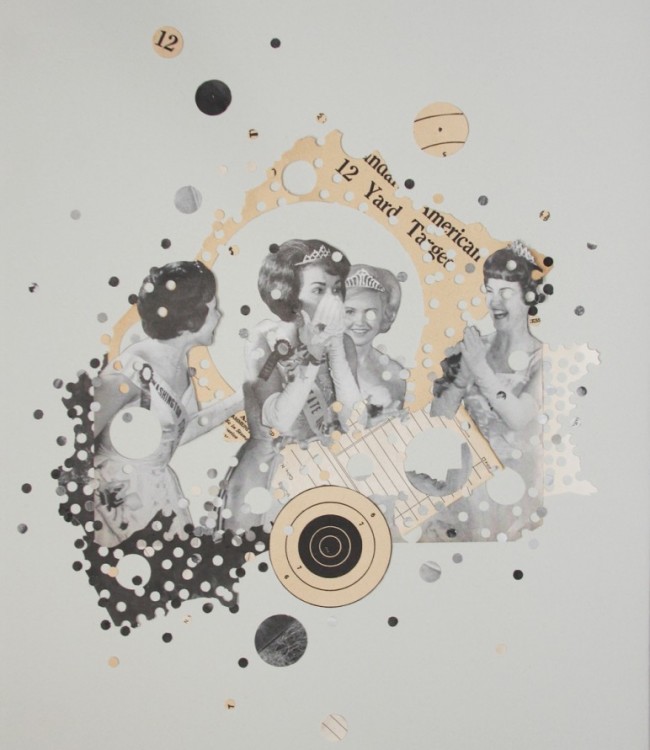

Collage making has always had an intricate relationship with print publications. As the mass media print title Lucky abruptly closed its doors last week after 15 years publishing, what are your thoughts on the ability for print media to hold relevancy in a digital landscape?
Lizzie
I believe it’s already apparent that it will be difficult for print media to hold its relevancy. I find it very similar to the almost extinction of film as digital and cell phone cameras increase in popularity.
But there has been a resurgence of interest in reproduction of film, publications and vinyl as new generations realize what they have been missing. Limited edition print magazines, vinyl and zines all become collector’s items and allow the buyer to connect with the past in the present day. I believe that print media will hold it’s relevantcy, but in a more artistic, thoughtful and crafted way.
Flynn
I think it’s going to be pretty difficult. With technology at our side all the time now it seems that people just move onto the next thing so quickly. Maybe we consume so much that it’s just not practical for these publications to produce as many physical additions.
I really like what a lot of young independent publications like Quottom do by releasing issues only twice a year. They’re thick, beautifully laid out, and the content is always unique. If you know that it’s as much about the object itself as well as the content — you make this object more exclusive and higher quality, people will see it as more of an investment.
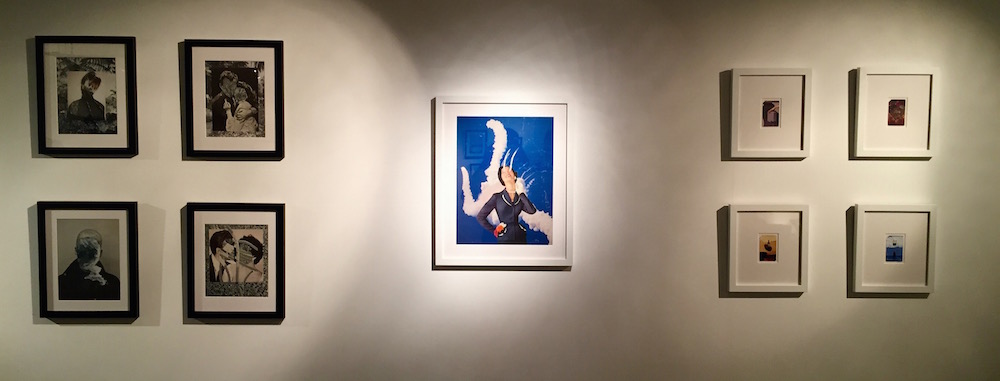
As you two sit with these two types of media on a near constant daily basis, what are the differences you observe between consuming media in print vs. online?
Lizzie
Observing media in print allows you more time to absorb the material in front of you. When it’s physically in front of you, you’re more likely to reach the end of an article, then to scroll or skim the page. I also enjoy the tactility of having something in your hand, the feeling of turning a page.
For me, things consumed online are ‘in one ear & out the other.’ My ability to retain information from reading something in print is much greater than consuming media content online.
Flynn
There is a heavier attachment to the image itself for me when you use physical media. Before you even start to work, it has properties and a history that is immediately visible — what paper is it, the size, how did it come to be in your possession.
You can miss out on a lot of information when sourcing material online that might change the way you view the image. The process of collage for me is somewhat ritualistic and it would simply not satisfy me if I could not cut into, arrange, and stick the actual object.
With Lucky magazine closing, over 20 full-time positions were terminated and the workers getting less than two-weeks severance. What are your thoughts about working in today’s marketplace?
Lizzie
I definitely feel the workforce is moving towards freelance work. I believe people want to start living their lives by their own rules and be their own bosses. The whole notion of graduating with a degree and getting a job in your field has become completely unstable. Rather, people are seeking self created opportunities and paths that allow them to continue with their passions, or stay relevant in their field.
Flynn
I can’t say I have much experience in the marketplace, but from what I’ve seen working around London, smaller, local businesses are gaining more influence. It feels a lot safer when you’re part of a small select team that works on creating a distinctive product. It definitely has never been easier to go independent thanks to technology, all the information you need is at your fingertips. But I think bigger visions and projects will need to be tackled by collectives and collaborations.
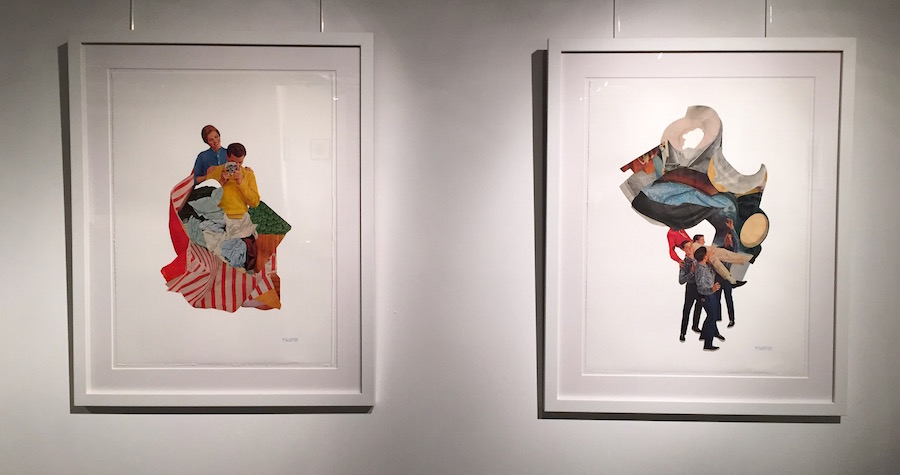
Related Reading




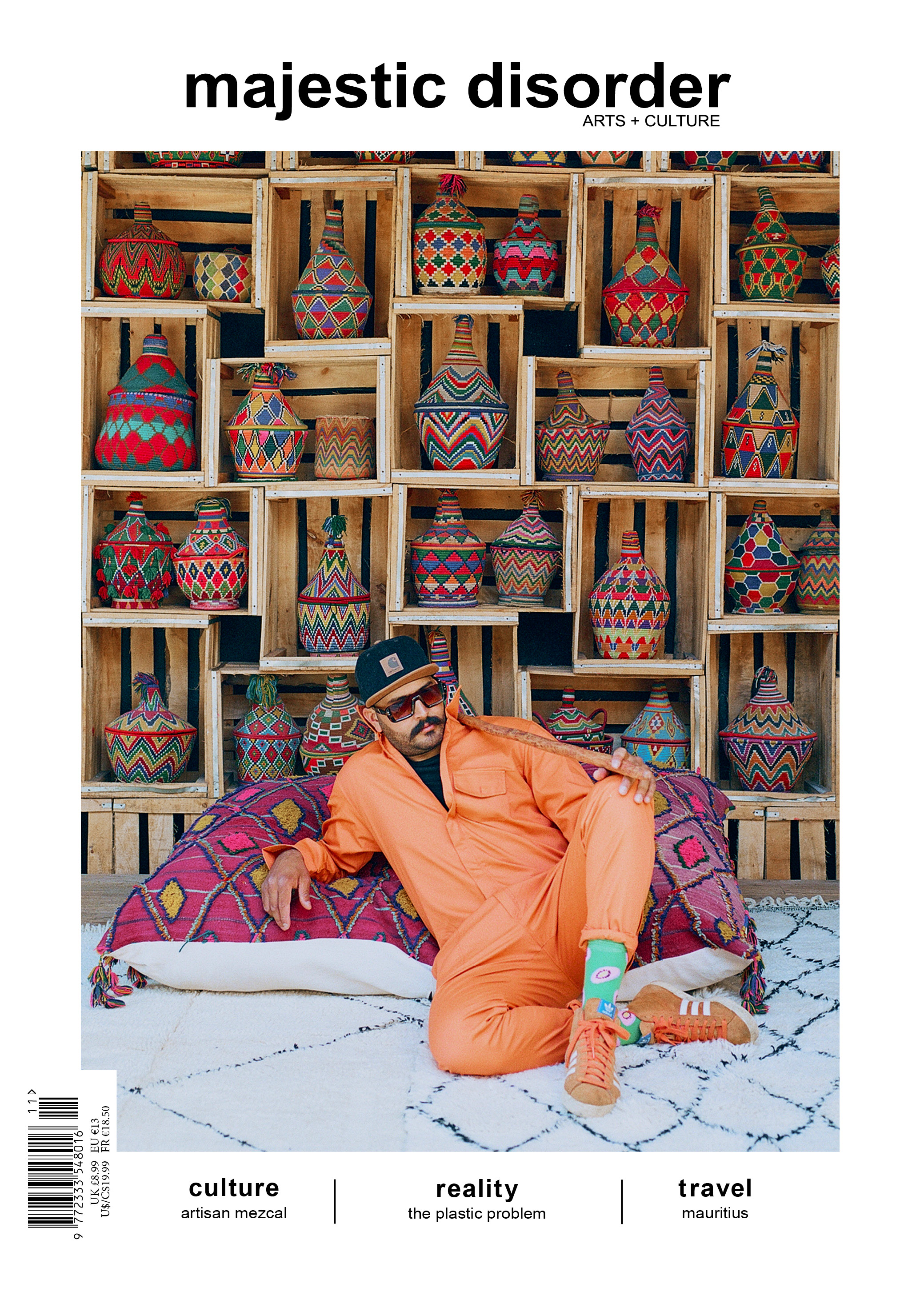
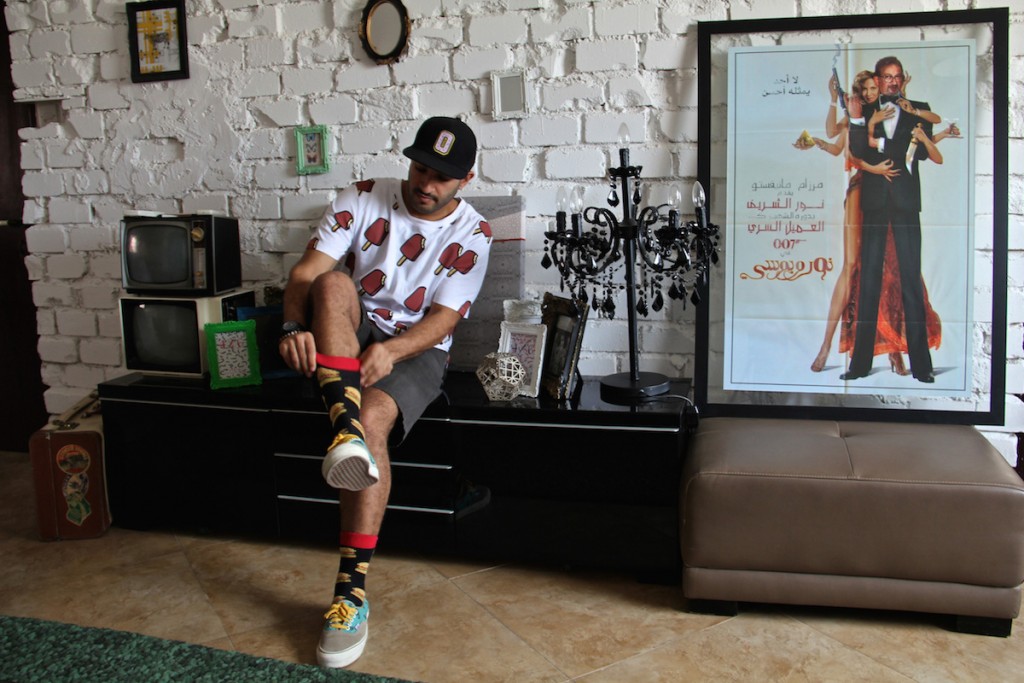
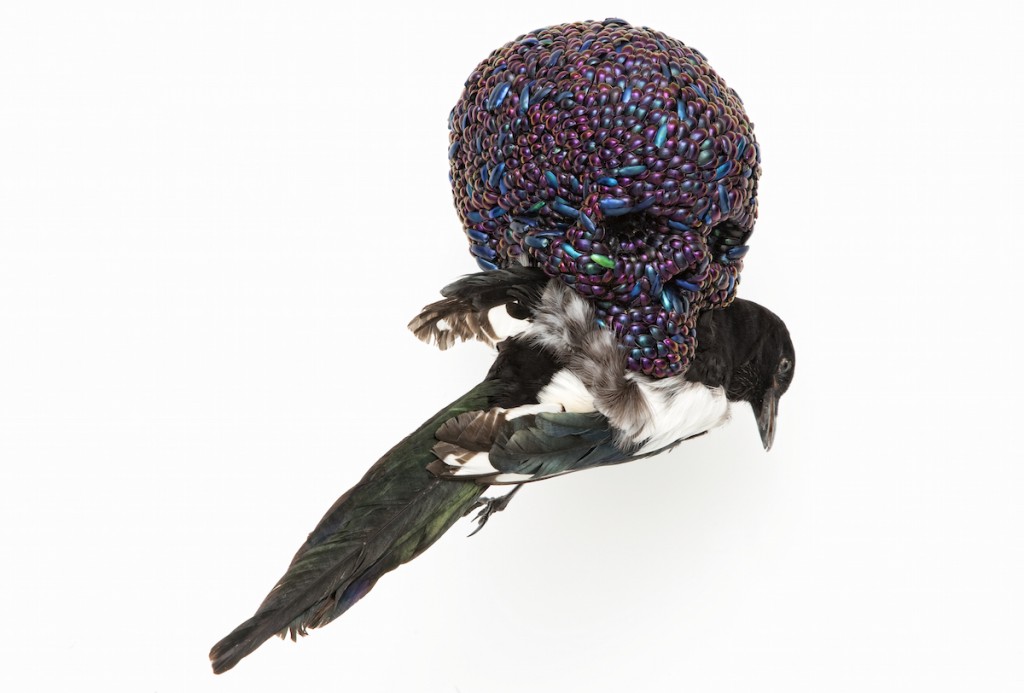
 @majesticdisorder
@majesticdisorder